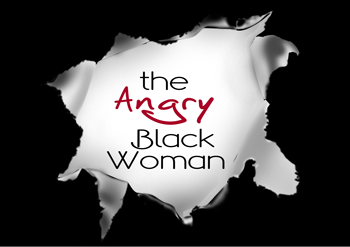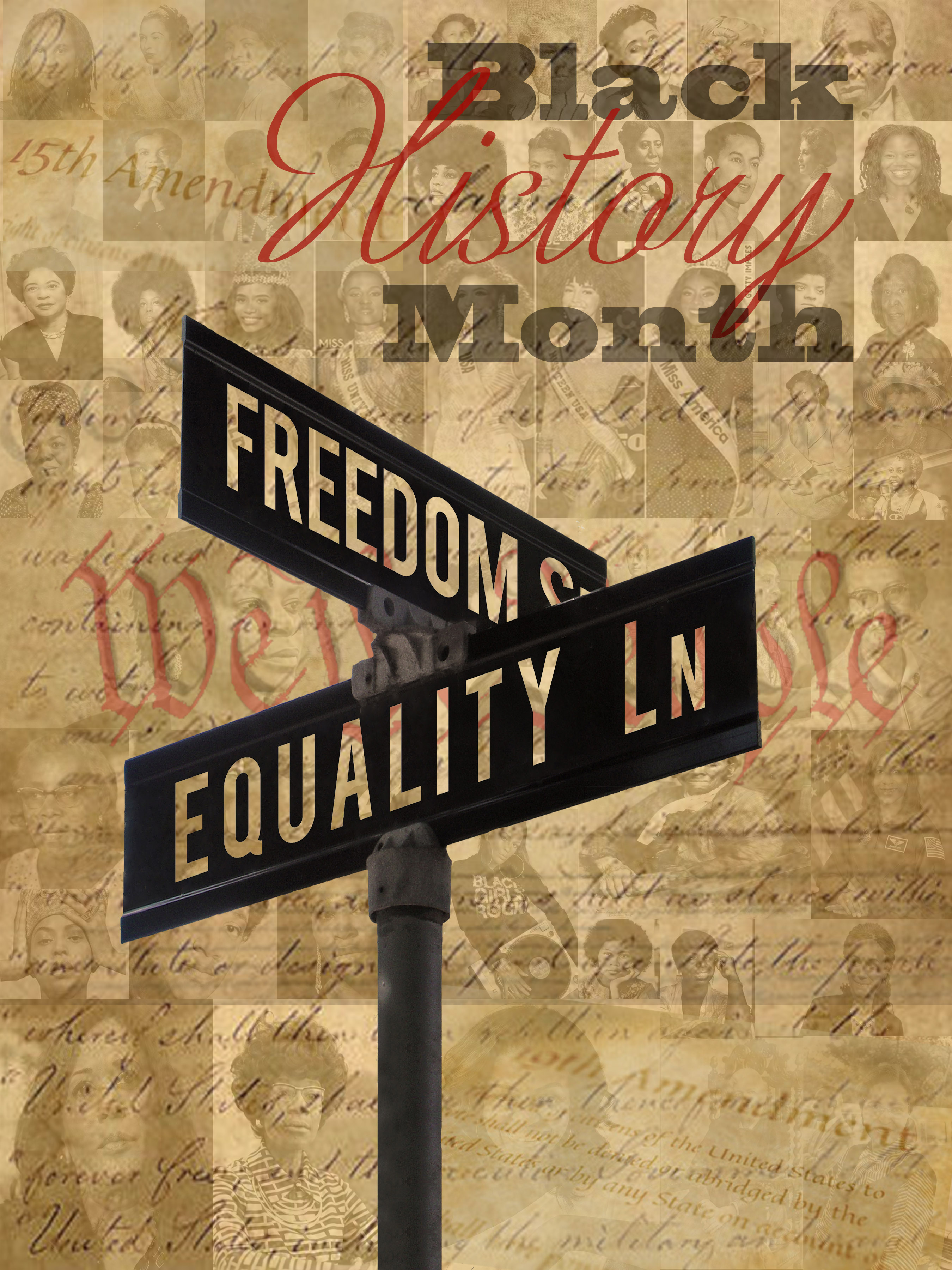shero(s) of the day!
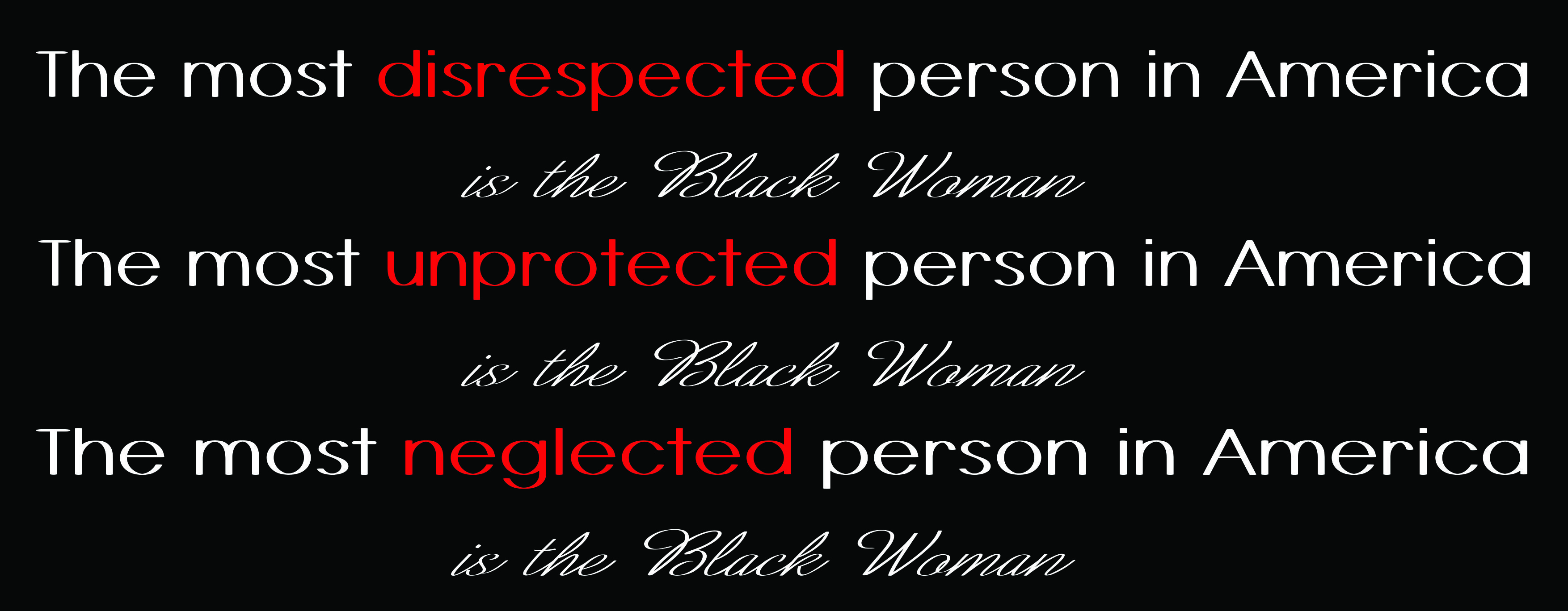
mea culpa
I know, I am way behind on my SHEro posts for the month. Life happens, I’m only one person, yada-yada . . .
So, in an effort to make up for my mea culpa I am giving a three-fer today! That’s right, I am going to tie three #BadAssBlackWomen together in one story. . . Just watch me work my #BlackGirlMagic!
I have been going through my books to find materials that I can recommend for you to read. While looking through my collection, I came across a couple of gems that I forgot I had! (If you recall from my last post . . . I have a LOT of books!) Anyway, when I found them, I started flipping through them and I feel like I just found a Faberge` egg at a yard sale! Okay, the analogy may not fit but the excitement sure does.
As I was perusing, I decided I would try a little experiment. I Googled Rosa Parks. Do you know the results you get when you do that? Go ahead, do it. I’ll wait.
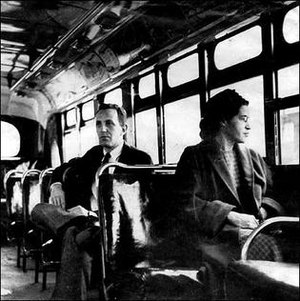
*As you can see* when you Google her, the top (and only) hits that come up are about her role in the Montgomery bus boycott, and her “heroic” refusal to give up her seat. She is mostly portrayed as the quiet seamstress who had reached an (amenable) boiling point and that sparked a revolution. Yes, the legacy of Rosa Parks has been so whitewashed to the point that you would not know she was not only a #BadAssBlackWoman but that she had a long history in boisterously fighting for civil rights. Akin to the way that only the “good Negro” words are written about MLK, Rosa Parks has been reduced to a shell of herself. And everybody is guilty. Even President Obama. But that is a conversation for another day.
One of the treasures I discovered on my bookshelf, “A More Beautiful and Terrible History: The Uses and Misuses of Civil Rights History” by award-winning historian Jeanne Theoharis, details the “true” history of the Freedom Struggle and the Civil Rights Movement. Not only does she give the unfiltered truth, she debunks decades old fables of polite civil rights workers in their ‘humble’ pursuit of a ‘more perfect union.’ Moreover, she truly makes the case for how the misrepresentation of the Civil Rights Movement, and its leaders, have been weaponized against modern day freedom fighters still looking for that perfect union. And just to not be shot. You pick.
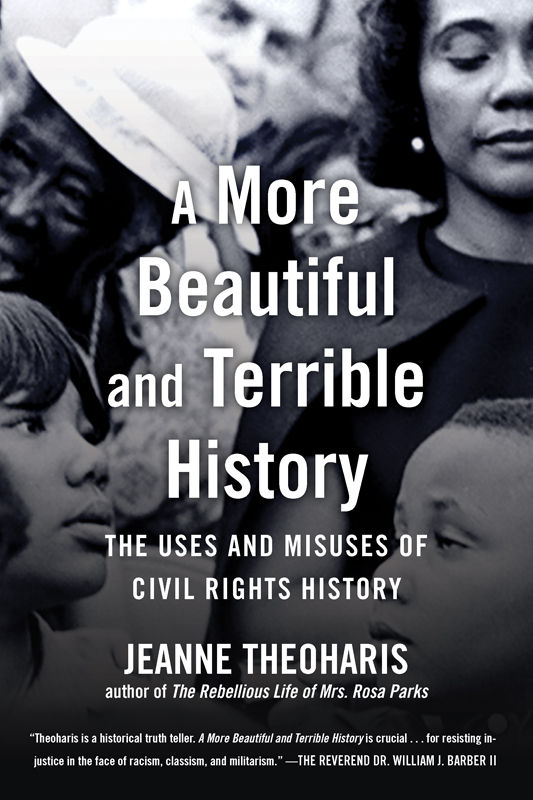
In this book, she details the “endless misuses of Rosa Parks” and it is eye-opening! By the way, I should mention that she wrote a whole other book about “The Rebellious Life of Rosa Parks” so this was not her first ride at the rodeo! Also, you should get that book too.
In “A More Beautiful and Terrible History,” she highlights how the legacy of Rosa Parks has been invoked for decades from schools to universities, in politics across party lines for political gain, from Reagan to Obama to the current occupant. But, more importantly, she highlights how, aside from her legacy being distorted, Rosa was a force to be reckoned with. I never learned that in school, did you?
So I have given you two books to check out about Rosa (and I suggest you read BOTH of them) but I am sure you are like, where is our three-fer? Patience my friends, we are getting there.
So the other gem of a book that I found was “At The Dark End of the Street: Black Women, Rape, and Resistance – a New History of the Civil Rights Movement from Rosa Parks to the Rise of Black Power” by Danielle L. McGuire. Flipping through this lost treasure, I realized that I did not know the story of Recy Taylor, but Rosa Parks played an instrumental role in this part of HERstory (see what I did there?)
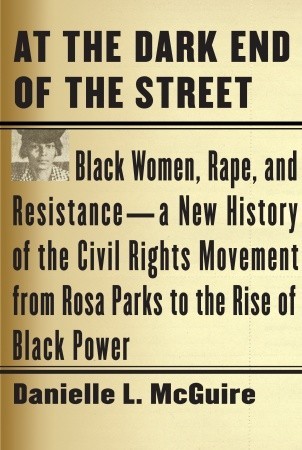
the culture of silence is broken
Recy Taylor was the daughter of a sharecropper, mother of an infant child, wife, Black woman, who, while walking home from a church service, was abducted, gang raped, at gunpoint, by six (6) white men, and left blindfolded on the side of the road. Let me repeat that, “SHE WAS ABDUCTED, GANG RAPED, AT GUNPOINT, BY SIX (6) WHITE MEN AND LEFT BLINDFOLDED ON THE SIDE OF THE ROAD” on her way home. From church. In Abbeville, Alabama. In 1944.
I wish that I could say that this was an uncommon occurrence, a ‘one-off’ if you will, but the truth is, this was a regular and systematic practice that dates back to the beginning of slavery. It is still used in similar fashion today. In 2020.
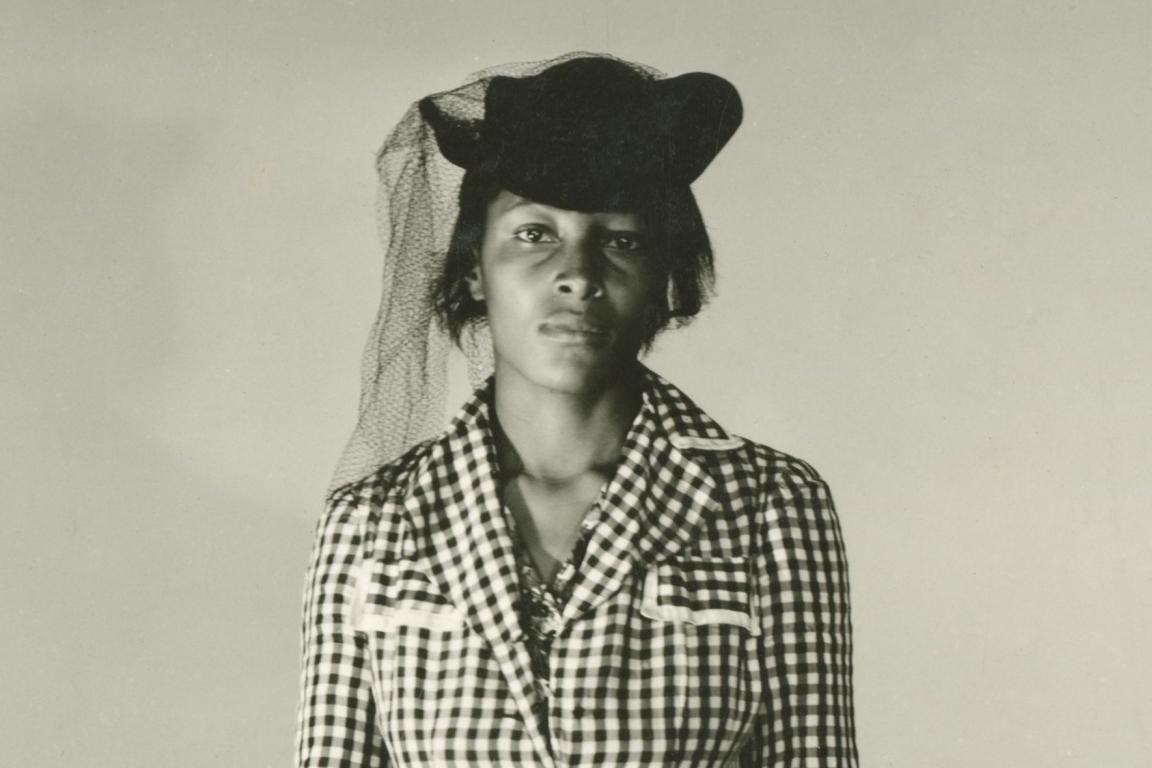
A few days after Recy Taylor’s brutal rape, the local NAACP office in Montgomery, Alabama dispatched their best investigator to hear her case. That investigator was none other than Rosa Parks. See, long before she became the face of tired women on the bus, long before she would spark a movement that would change the world, long before her legacy was white-washed, she was known as a “militant race woman, a sharp detective, and an anti-rape activist.”
So, after her meeting with Recy Taylor, Parks helped form the Committee for Equal Justice (also known as the Committee for Equal Justice for the Rights of Mrs. Recy Taylor) helping to organize the “strongest campaign for equal justice to be seen in a decade,” according to the Chicago Defender. Over a decade later, this organization would become known as the Montgomery Improvement Association. According to McGuire, “The 1955 Montgomery bus boycott, often heralded as the opening of the civil rights movement was in many ways the last act of a decades-long struggle to protect [B]lack women, like Taylor, from sexualized violence and rape.”
Black women’s bodies have always been used as a tool to create fear and subordination while maintaining the racial hierarchy of white men and women.
Sadly, yet also predictably, Recy Taylor never received justice. She knew the men who raped her. She spoke out. She did what she was supposed to do. One of the men confessed to the rape and named the other men involved.
happy valentines day . . . not!
Yet, an all-white and all male grand jury refused to indict them. That did not stop Rosa Parks or the NAACP. They kept the story in the nationwide news, for everyone to see, which put the pressure on Alabama. This pressure campaign forced the governor to call for an independent review of the case. And, on February 14, 1945, another all-white and all male, Henry Country grand jury refused, for a second time, to indict these men. They were never prosecuted. Yet again, justice denied.
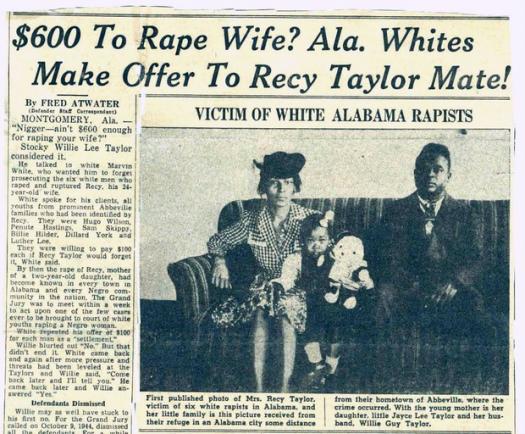
Sheer acknowledgment of what she went through, and how unjustly she was treated, would not come until 2011. Taylor would never get justice and Parks would not live to hear an apology. Still no justice.
I also learned the story about Gertrude Perkins, a Black woman who, five years after Taylor’s abduction and rape, was herself, while walking home one night from a party in Montgomery, Alabama, abducted and raped by two white police officers. Like Taylor, Perkins never received justice.
McGuire, who details both Perkins’ and Taylor’s stories in Dark End of the Street, reported that authorities “refused to hold a line-up or issue any warrants since, according to the mayor, it would ‘violate the Constitutional rights’ of the police. Besides, he said, ‘my policemen would not do a thing like that.’” She goes on to note that:
“Other than police officers, few were as guilty of committing acts of racist violence and sexual harassment of black women as Montgomery’s bus operators, who bullied and brutalized black passengers daily. Worse, bus drivers had police power. They carried blackjacks and guns, and they assaulted and sometimes even killed African Americans who refused to abide by the racial order of Jim Crow."
"In 1953 alone, African Americans filed over thirty formal complaints of abuse and mistreatment on the buses. Most came from working-class black women, mainly domestics, who made up nearly 70% of the bus ridership."
So, Rosa Parks wasn’t merely refusing to move her tired ass out of a seat on the bus, as so many have touted over the decades since. She had a plan that was based on over a decade of hearing stories like Recy Taylor and Gertrude Perkins. She had her own history of an attempted rape where she refused the attack by letting the white man know he would have to rape a corpse because she would rather die than let him make her a victim. She knew exactly what she doing when she rallied support in 1944 and she damn well knew that in 1955, it wasn’t simply about a seat on the bus.
the original creators of #metoo
Hearing about these women’s stories sent me down the “RRH” (research rabbit hole) where I needed to know why I did not know about them. Why were their names not as common as Rosa Parks? These women were the OG’s of the #MeToo movement, before Tarana Burke started it, only to have it co-opted by a white woman who got the credit. They were the OG’s before the #TimesUp movement co-opted the #MeToo movement because it focuses on white women. Why were these names never spoken when they should have been shouted?
At this point I was reminded of the powerful speech that Oprah Winfrey gave at the 2018 Golden Globes, where she was first Black woman to receive the Cecil B. deMile Award. She spoke Recy Taylor’s name, but I, as with so many in that audience, did not know who she was talking about. But this speech was truly inspirational for so many reasons. In case you forgot, or missed it all together, I got it for you.
Then I came across an interview Recy Taylor gave in 2011 on the NPR Special Series - Behind Closed Doors “Hidden Pattern of Rape Helped Stir Civil Rights Movement” where the author, Danielle McGuire, gave an interview about this very book that I am speaking of. The one that has me shook. For so many reasons, I am shook. You really need to listen to this interview.
Like now.
As I continued down my “RRH” I discovered another gem, “The Rape of Recy Taylor,” a 2017 documentary, directed by Nancy Buirski, that tells the story of what happened on that night in 1944, and what came after. You can see the trailer for the documentary below. You can rent or purchase it on Vudu, Amazon, or Kanopy. You can watch it on Starz, which is what I did.
Now, I will never be the same.
Before I listened to Recy Taylor speak in her interview, after learning about her story, and while I was watching the documentary, a few thoughts kept popping into my mind. The first thought was about the Black women in Alabama. As I wrote here about how the trending topic during the 2017 election was how Black women "saved" Alabama, hearing the stories of Recy Taylor and Gertrude Perkins, and reading the others like it, brought it home that no, Black women did not save Alabama, they merely saved themselves.
Finally, they were able to take back some of the power that this state has robbed them of for decades. They have been intimately acquainted with not having control over their bodies and putting a man into office who represented everything they have suffered was a powerful rebuke of the white patriarchy. The fact that white women would benefit from it was a by-product, not the purpose. So instead of thanking Black women, the trending hashtag should have been #CongratulationsBlackWomen.
The second thought I couldn't shake was a question: what about Emmitt? I couldn’t figure out why his name kept popping into my head and then it hit me. We have always had very different standards between Black and white trauma and how we deal with it.
Here we have a woman who identified her rapists, one of them even confessed to rape, the others confessed to “consensual sex” (bullshit) and yet they never had to answer for their crimes. Contrast that with how, on only the word of a single white woman, Emmitt Till, a 14-year old boy, was brutalized and hung from a tree like dirty laundry, and then thrown into the river simply for looking at her. The two white men, her husband and her brother, that murdered him went free. They never paid for their crimes.
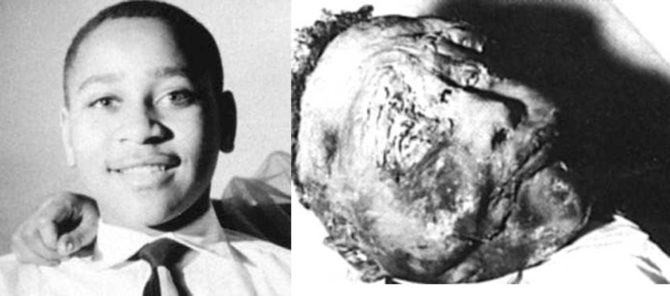
The white woman, Carolyn Bryant Donham that started it all, she lied. She went on with her life while a a beautiful child was murdered and that never seemed to have an effect on her. Did her husband know she lied? Did her brother? If they did, do you think it mattered that they killed an innocent child? Trying to "absolve" your sins at the end of your life does not make up for the trauma you inflict on a nation simply because you are looking to get through the pearly gates.
The reality is, he wasn’t seen as human and thus, not worthy of compassion or regret. He was merely the little Black boy, so it didn’t matter. #JusticeIsNotEqual but it is damn sure due!
This is when the third thought came to me: this was by design. I immediately thought of the propoganda film "Birth of a Nation" where I wrote about here. In this movie, white men are asserting their power to save white women from the savage Black men that are coming to rape them, making them un-pure. They portrayed themselves as protectors when, all along, they were the ones we needed to be protected from. The distinction here is very clear – white women deserve protection whereas Black women and children do not.
You think I am wrong? How outraged were you when Brock Turner got off for raping an unconscious white woman? How mad were you about the Kavanaugh hearings and the treatment that Dr. Ford received? Now, multiply that times 400 years and counting . . .
I want to believe that we will get to a place where we can, justly, embrace and deal with the suffering of Black women. But I can’t stop thinking that it won’t change. The system has been what it is for a reason. It will remain an elite white woman’s movement with perfunctory nods to the masses of Black women, and women of color, but the legacy, this history of who is worthy of justice, will continue as status quo.
I truly hope that I am wrong, but the past has a strange way of repeating itself.
now what?
Now that you know the stories of Recy Taylor, Gertrude Perkins, and the ‘real’ story of Rosa Parks, here are some simple action items you can do:
Speak their names. Put respect on it and speak their names. Educate other people about who these women are, and why their stories matter in history. American history.
Read the books. Have book discussions, gather all your NWL’s (nice white ladies) and truly talk about what is being read on these pages. Address your own biases, fears, whatever it evokes.
DO NOT ask for a Black woman to guide you through that process. As you can see from just the material in this post, we have enough on our plates.
Watch the film “The Rape of Recy Taylor” and share it with other people to educate them. Donate to an organization that works with survivors of rape and sexual assault. Find an organization that focuses its efforts towards Black women (a largely underserved population) and donate money, fundraise, and volunteer your time. (I am working on a list of organizations with this focus and will update when it's done) Most importantly, ask them what they need, don’t just assume you know.
SHOW UP. When Black women share their experience, don’t make it about you – just listen. There is an entire intersection of crazy that is inherent in being a non-white victim of any type of crime, but rape and sexual assault create a lifetime of issues that are a constant struggle. When the appropriate resources do not exist to deal with that trauma, coupled with systemic racism, our voices are usually ignored.
